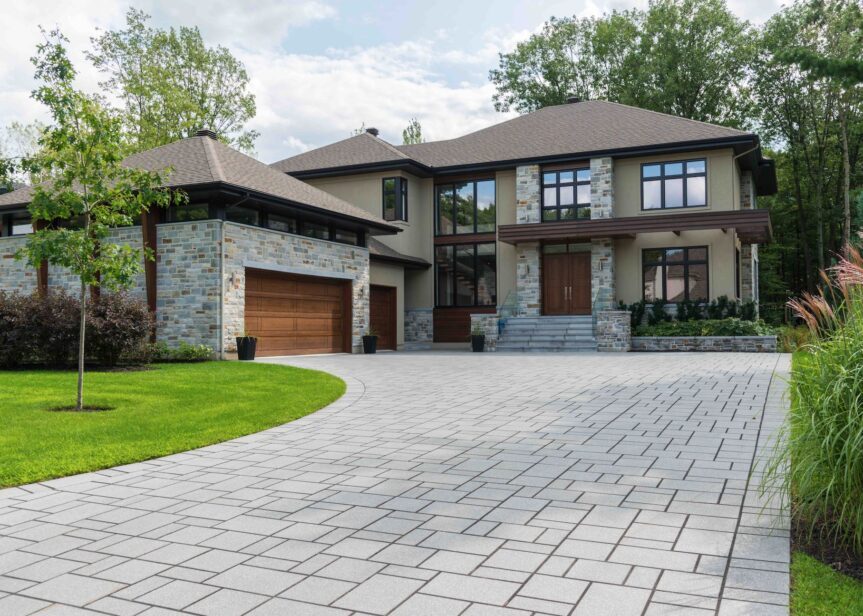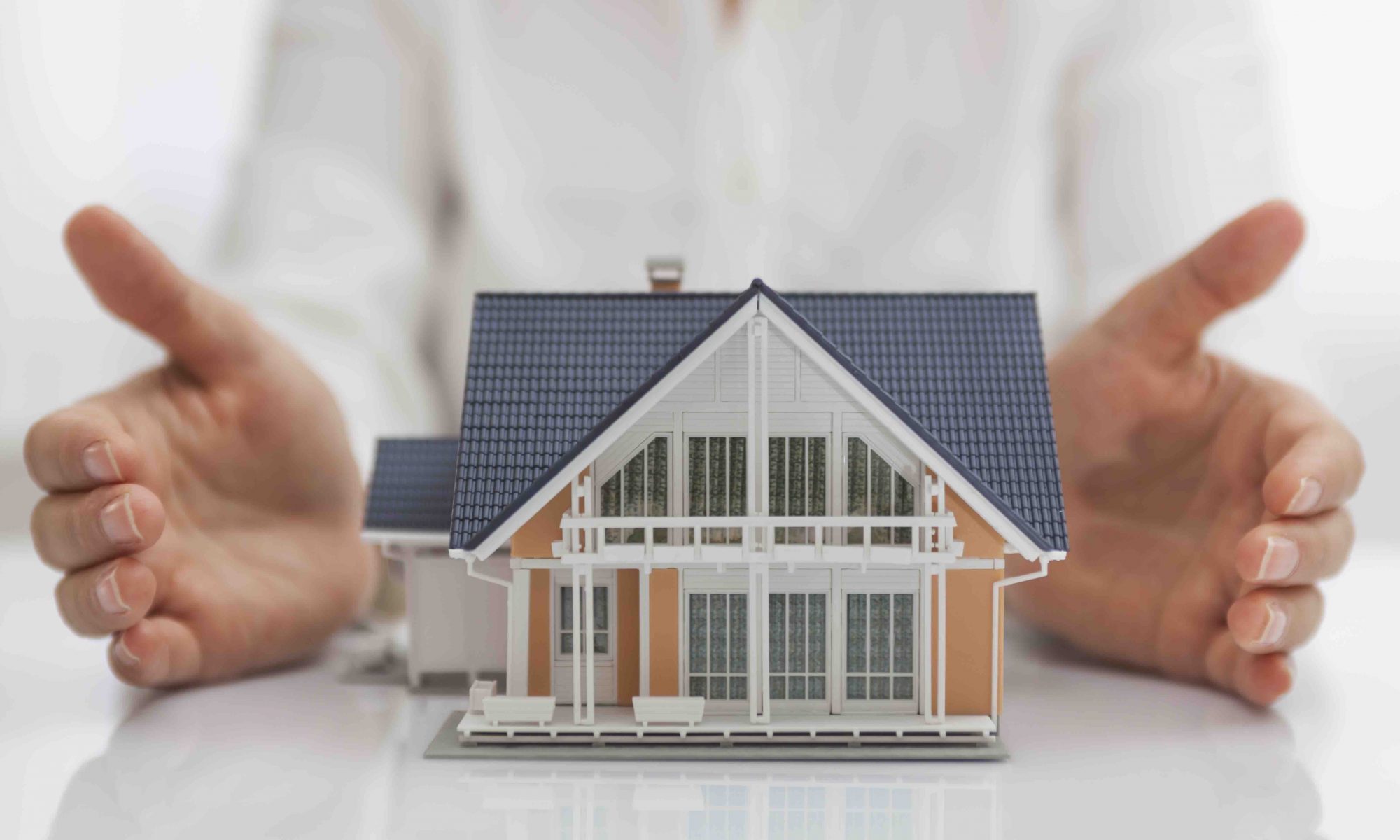The legal and tax complexities of real estate, your biggest asset
Along with pension entitlements, property is usually the largest single element of an individual’s wealth, which means one should give consideration to how it is held and passed on to future generations. That’s especially so in Luxembourg, where soaring residential real estate prices over the past two decades have increased the importance of real estate to financial management and planning for individuals and families.
Up to 2022, demand for residential property in Luxembourg had remained vigorous for the best part of two decades, driven by strong economic growth and the population dynamics of a country in which almost half the workforce commutes in to work – or, since 2020, telecommutes – from nearby regions of neighbouring France, Belgium and Germany.
The post-pandemic upsurge in inflation and the resulting rise in interest rates has curbed demand for property and price growth, although how permanently remains unclear. This comes after repeated warnings from organisations ranging from the Luxembourg Central Bank to the International Monetary Fund that residential real estate prices were overvalued and affordability was becoming marginal even for relatively high earners.
According to the Luxembourg Housing Ministry’s Observatoire de l’Habitat, the average price per square metre of existing apartments has risen from €3,450 in the first quarter of 2007 to €7,904 as of March 2024, albeit down from €8,474 a year earlier. Off-plan apartments increased from an average of €3,805 per square metre in 2007 to €10,169 in 2024. House prices are more anecdotal, but the average advertised price across the country was €8,670 per square metre in the second quarter of 2024, according to real estate agent Immotop.
Different ownership types
There are a range of different types of ownership in Luxembourg, although most homeowners have full ownership of their property. This gives them the right to use the property, draw an income from it and even ‘abuse’ it – that means the right to destroy it, subject to legal restrictions and rules regarding demolition permits as well as nuisance to neighbouring buildings and their occupants.
Usufruct is the right to use a property owned by someone else, known as the bare owner. The usufructuary may use and take an income from the property, providing its substance is not ‘impaired’ – that is, it is not significantly altered.
Bare ownership is the counterpart to usufruct. The bare owner has the right to dispose of the property, but not to use or benefit from it; generally, they recover full ownership of the property only when the usufructuary dies. This system is most common in the case of second marriages, when after the owner dies, their children may become bare owners of the property, while the second spouse is the usufructuary. This enables the original owner to ensure their children benefit after the spouse’s death, whereas if the latter received full ownership, they would be able to dispose of it as they wished, including excluding children from earlier marriages.
Since property taxes are relatively low in Luxembourg, corporate ownership of a property confers only modest benefits, and the introduction in recent years of tighter rules on disclosure of beneficial ownership means it no longer guarantees anonymity. However, for the purchase of property for rent or other investment purposes, it may be worth establishing a non-trading real estate investment company (société civile immobilière or SCI), which can be created through a notary, although this is not compulsory.
SCIs are transparent for tax purposes, so rental income is included in the personal tax returns of the partners. It tends to be used for convenience, enabling property to be grouped together and disposed of through a single legal entity, and it may be convenient for joint ownership by multiple heirs.
There is also leasehold ownership (emphytéose), a type of long-term lease agreement (between 27 and 99 years) on real estate, and surface right (droit de superficie), applicable to a building on a plot of land belonging to another person, also up to a maximum of 99 years.
While property taxation is not high, charges apply when property is transferred, most importantly the registration tax.
Transfer and capital gain tax
While property taxation is not high, charges apply when property is transferred, most importantly the registration tax. This is one of the largest costs for a purchaser, amounting to 6% of the property’s value plus 1% transcription tax. There is a tax-free allowance of €40,000 per person, or €20,000 for off-plan apartments. The tax is also reduced if you live in the property for more than five years.
Measures have also been put in place to deter ‘flipping’, the rapid purchase and sale of a property for a quick profit, introduced in a bid to prevent overheating of the Luxembourg market. Capital gains tax applies to the sale of a property within two years, rising to five years from 2025. There are also annual local property taxes that vary according to the municipality within the grand duchy.
In 2021 legislation came into force imposing a 20% real estate levy on rental income and capital gains derived from investment in property through Specialised Investment Funds, Reserved Alternative Investment Funds and other types of collective investment fund, to prevent property investors using a fund structure to limit their taxation to the fund’s annual subscription tax of up to 0.05% of its net assets.
Local authorities in Luxembourg are authorised to levy and collect a special annual tax on unoccupied or unused buildings and on vacant development land, in order to incentivise owners to sell or rent out unused property or erect residential buildings on their land.
Property and succession
Given that for many people property is the most valuable asset they own, they should beware the risk of it becoming the epicentre of any disputes among heirs. Owners should consider the way an estate will be passed on in order to avoid conflict as well as minimise tax liability. Apart from the sale of property, there are two ways to pass on assets, by succession and donation.

Given that for many people property is the most valuable asset they own, they should beware the risk of it becoming the epicentre of any disputes among heirs.
Succession is where property is inherited from the estate of someone who has died, while donated property is passed on during the owner’s lifetime. Unless succession planning is in place, property is inherited jointly, with each heir receiving a proportionate share, which can create complexity. There are strict rules about who can trigger a sale of the asset under such circumstances.
The main solution is to pass on the property to a single individual through a will, although this may conflict with compulsory heirship rules, which stipulate that children must receive a minimum share of the estate; the same is true for donations. A usufruct arrangement may enable the property to be passed on while the owner still lives there but does not necessarily circumvent any difficulties arising from multiple ownership.
Avoiding fragmented ownership
In cases where real estate would otherwise be divided between many individual ownership stakes, creating an SCI structure may be the optimal solution, since it means that rather than shares of a property, heirs receive equity in the investment company. A manager can be appointed to run the estate’s assets, and the influence of individual heirs is likely to be more limited.
The sale of an inherited property is subject to capital gains tax, but subject to tax relief for close relatives of €75,000 on their primary residence. It may be more advantageous to sell a property during the owner’s lifetime, if this is possible. Cross-border inheritance is complicated by the fact that Luxembourg’s double taxation treaties do not cover inheritance. Seeking advice is highly recommended to minimise the risk of heirs becoming subject to double taxation on real estate legacies.
The value of real estate in Luxembourg may be diminished if the property is left neglected while heirs fight to realise the value of their share. Taking steps to ensure its value is preserved after death means looking both at ownership structures and the most effective way to pass it on to the owner’s heirs.


 Mortgage
Mortgage Personal loan
Personal loan Savings
Savings